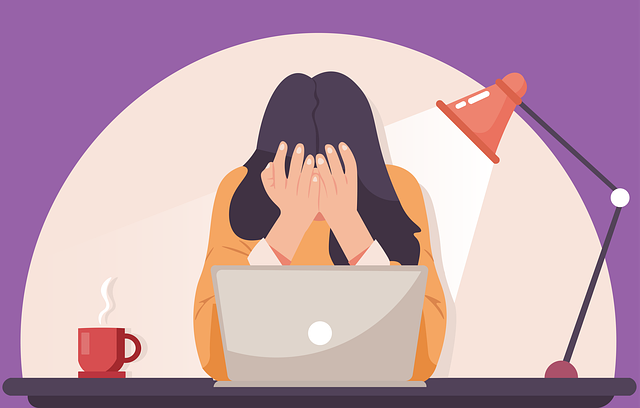{tocify} $title={Affects}
The transition to remote work has become a common trend in the modern workforce, offering flexibility and convenience. However, while working from home has its perks, it also brings about unexpected impacts on health. Here are nine surprising ways that remote work can affect your well-being.
1. **Increased Sedentary Behavior:**
Working from home often means spending extended hours at a desk or on a computer. The lack of a daily commute and the convenience of a home office may result in a more sedentary lifestyle, leading to potential health issues such as weight gain, muscle stiffness, and poor cardiovascular health.
2. **Blurry Boundaries Between Work and Personal Life:**
The line between professional and personal life can become blurred when your workspace is also your living space. This constant overlap may contribute to heightened stress levels, difficulty in relaxing, and an increased risk of burnout.
3. **Isolation and Loneliness:**
Remote work can lead to a sense of isolation and loneliness, especially for those who thrive on social interactions. The absence of face-to-face communication and casual office interactions may impact mental health, potentially leading to feelings of isolation and decreased motivation.
4. **Tech Neck and Eye Strain:**
Prolonged use of digital devices and improper ergonomics can result in tech-related health issues. "Tech neck," characterized by neck pain and strain due to looking down at screens, and eye strain from prolonged screen exposure, are common problems associated with remote work.
5. **Unhealthy Snacking Habits:**
The proximity of the kitchen and the ease of access to snacks can contribute to unhealthy eating habits. Stress-induced snacking and the temptation of comfort foods may lead to weight gain and negatively impact overall health.
6. **Disturbed Sleep Patterns:**
The lack of a structured daily routine and increased screen time, especially close to bedtime, can disrupt sleep patterns. Poor sleep quality can have cascading effects on mental and physical health, affecting concentration, mood, and overall well-being.
7. **Limited Physical Activity:**
Home-based work often translates to less incidental physical activity. The absence of a regular commute, walking to meetings, or even navigating a large office space can contribute to a reduction in overall physical activity levels, potentially impacting cardiovascular health.
8. **Increased Stress and Anxiety:**
Remote work can introduce new stressors, including technology glitches, communication challenges, and the pressure to constantly prove productivity. The absence of a clear boundary between work and personal life can exacerbate stress and contribute to anxiety.
9. **Ergonomic Challenges:**
Setting up a proper home office with ergonomic furniture may not always be feasible. Poor ergonomics can lead to physical discomfort, including back pain, neck strain, and headaches, impacting overall work performance and quality of life.
In conclusion, while the benefits of working from home are undeniable, it's crucial to be aware of the potential health implications. Establishing a healthy work-life balance, incorporating regular physical activity, and addressing ergonomic concerns can help mitigate the negative effects of remote work on your well-being.

